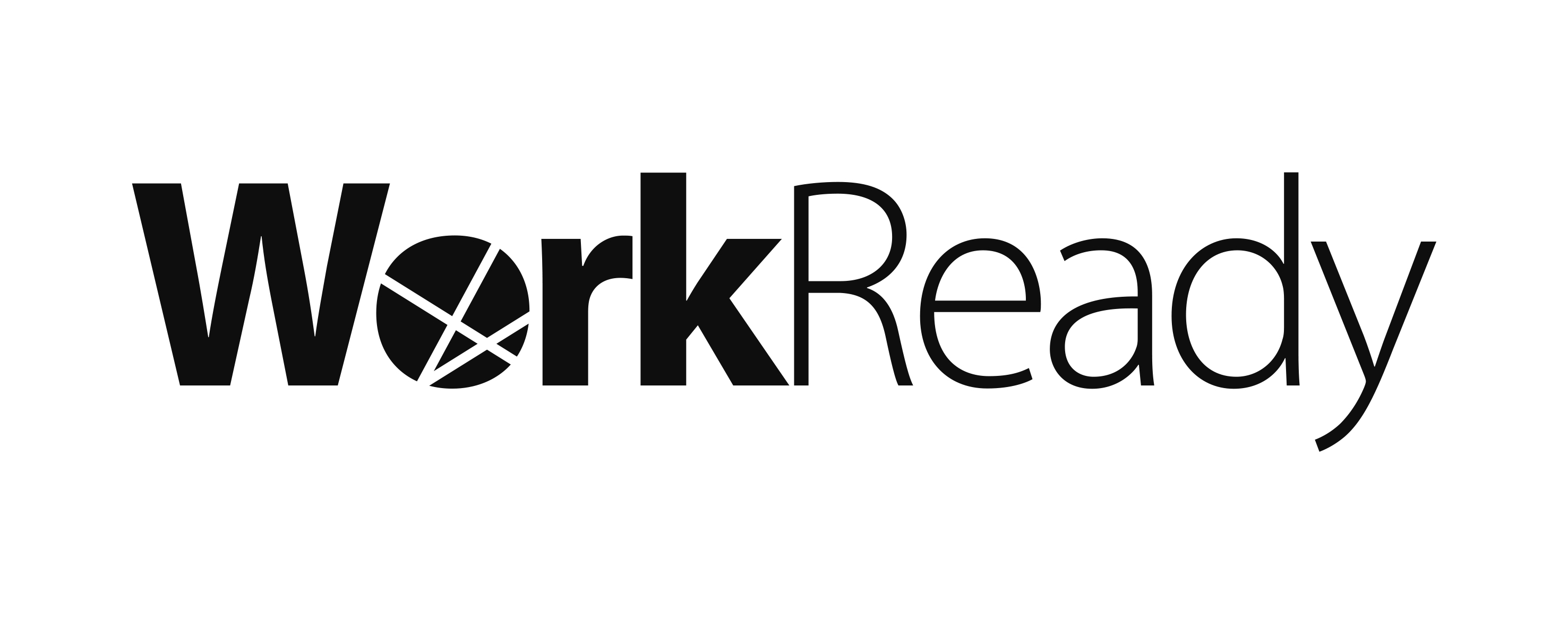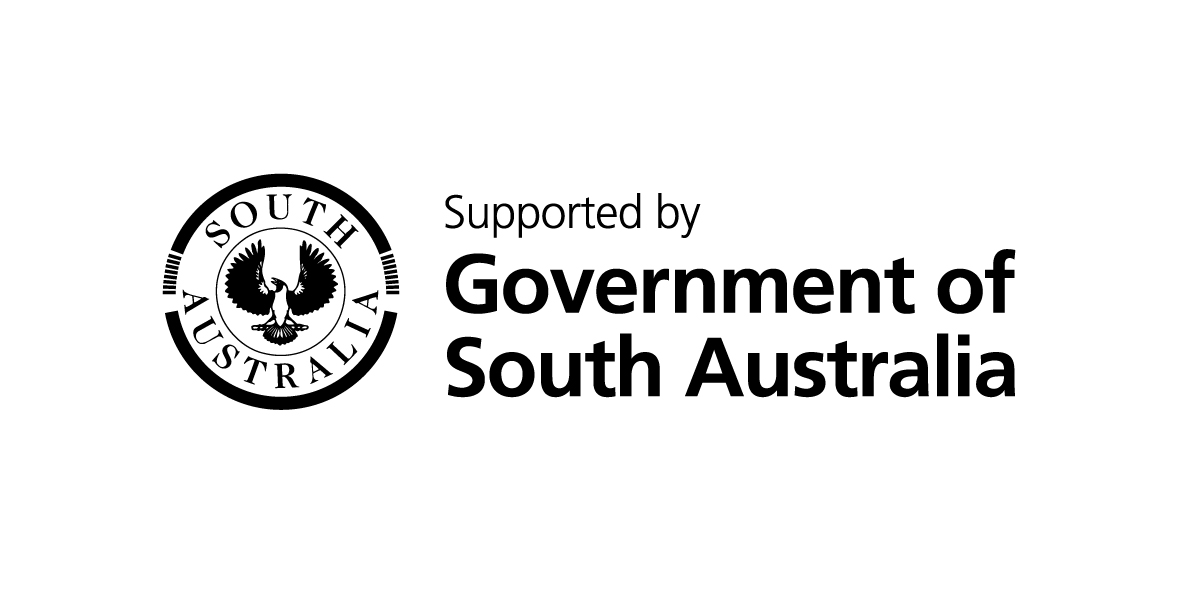What is plagiarism?
Plagiarism is the act of taking someone else's material and claiming it is your own work. This can include, but is not limited to, written work, observations, curriculum planning, and QIP materials. Anything that you might make in your workplace can be plagiarised. All the work you submit for your assignments should be your own. When you submit work, you are promising that you completed it yourself and, if that is found to be untrue, there can be serious consequences. Your cover sheet is a legal document. It is here that you confirm that you have completed all assignment work yourself.
What about research?
During your assignments you will need to do readings or research about certain topics. This is perfectly acceptable. In these cases, you should always put what you have learnt in your own words. Sometimes you may want to quote someone else to highlight significant details or information. These should be used sparingly and shouldbe identified within your work through the use of quotation marks (" ") for short quotes or in a separate paragraph for quotes longer than one sentence. You must always credit who you have quoted within your work. Likewise, you should always credit where you got your research from in the form of a bibliography. A bibliography is a list of the resources you used and is clear enough that anyone reading your bibliography could track down that same resource and read it themselves. Even your readings in your training materials should be listed.
What about collaboration?
Sometimes in your workplace you will be working on things with your co-workers. This is normal. However, everything you submit to AECC should be your own work. You should not submit someone else's observations or jottings. You can use photos taken by someone else at the centre, but anything written should be completed by you. Even if a co-worker is also doing the same assignment as you and you study together your work should be in your own words. You should also never take an assignment previously completed by someone else and use it to complete your own. You can ask for advice and explanations from your co-workers and supervisors but you cannot copy.
Does AECC check for plagiarism?
Yes, AECC checks for plagiarism. We check your written work, your performance log. and any other work you have submitted. PArticularly if concerns are raised by your trainer or anyone involved in your training. We like to trust students and assume everyone has the best intentions but we do have systems in place for checking the authenticity of your work.
What if I am caught plagiarising?
If work you have submitted is found to not be your own, there are a range of consequences.
AECC will always contact you and your employer to discuss the plagiarism. You will be given a chance to
explain and clear up any misunderstandings however AECC retains the right to ask you to re-do the work which is under supervision. We may ask you to complete different questions or to complete the work in a different format altogether, such as an oral assessment. AECC retains the right to fail you in your units of competency. This may mean you are not able to complete your qualifications with us.
Your employer will also be notified of any plagiarism concerns. AECC has no control over the actions your employer might choose to do. Some employers view plagiarism very seriously and you could face disciplinary actions regarding your employment, including performance management or written warnings. Depending on who you plagiarise from, such as another staff member, your employer can also pursue charging you woith fraud. PArticularly if you submit fraudulent signatures. This is a legal offence with serious consequences.



